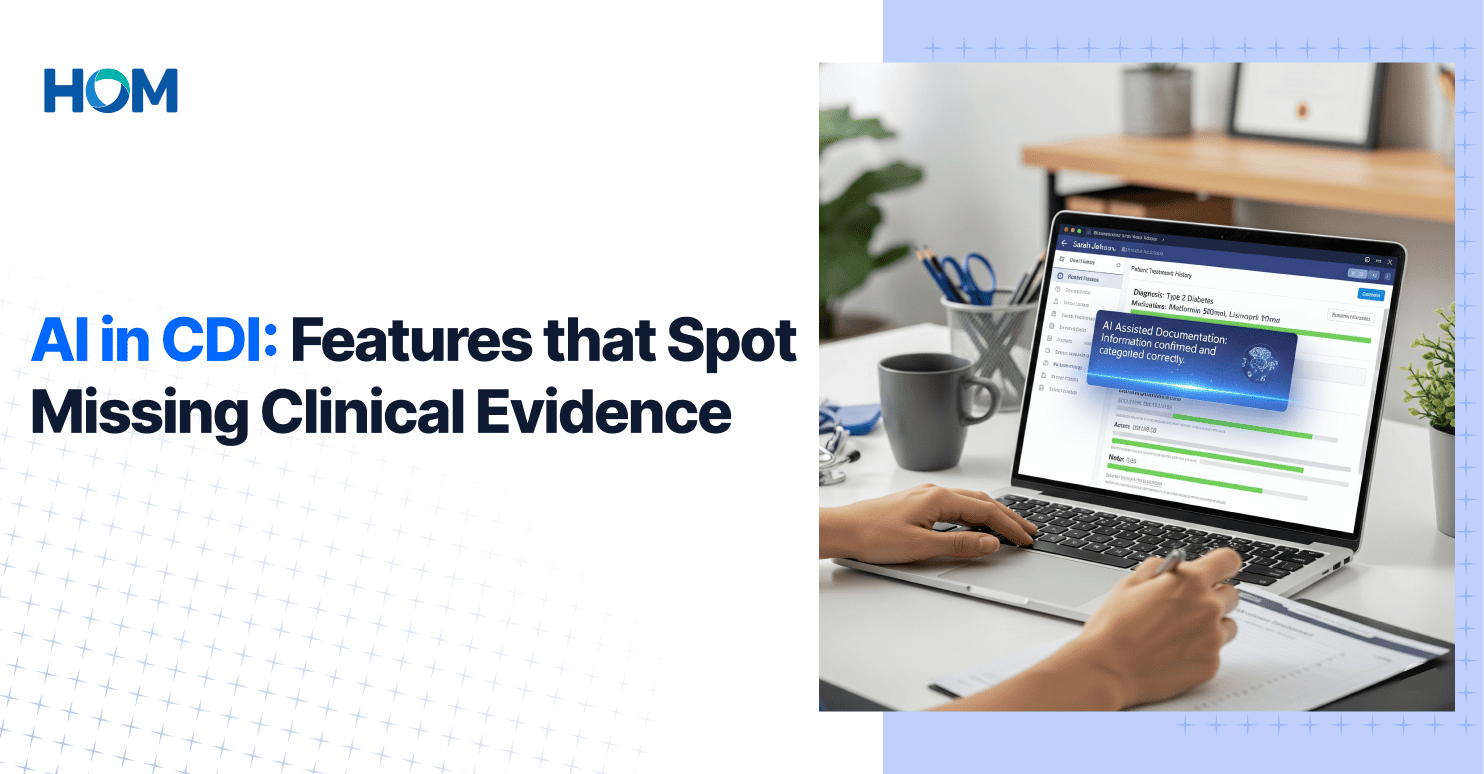
The foundation for preserving people's faith and confidence in their healthcare professionals is provider credentialing. Credentialing is important for all the parties involved in the healthcare system, as it protects patients from practitioners who are untrained and permits healthcare companies to take part in insurance networks. Because of the rigorous process and related expenditures, credentialing is sometimes seen by some as a bureaucratic roadblock. However, the same procedure's rigor and complexity serve to protect the system's credibility for all parties involved. This blog explores the many facets of credentialing and how it affects patient trust, financial stability, and overall business growth.
1. Provider Credentialing fosters Patient Confidence:
Healthcare trust is foundational, driving better outcomes by solidifying the patient-provider relationship. Patients rely on healthcare professionals to deliver top-quality care, expecting both competence and capability. Patients attend a healthcare facility with the confidence that the healthcare professional will protect their health information and treat them as best they can, even when they are not aware of every detail about their history or area of expertise. Patients trust their healthcare practitioners when they see that they are committed to excellence and industry standards, as demonstrated by credentialing.
2. Credentialing Safeguards against Loss, Ensuring Timely Reimbursement
One of the most crucial impacts of credentialing lies in its direct connection to a provider's revenue cycle. Insurance companies require providers to be credentialed before reimbursing them for services rendered. Without this verification of qualifications and legitimacy, claims get delayed or even denied, leading to significant financial strain. An efficient credentialing process ensures timely enrollment with insurance networks, streamlining the billing process and minimizing the risk of delayed payments.
3. Credentialing Unlocks Growth Opportunities and Enhances Healthcare Professionals’ Standing
For healthcare practitioners, credentialing holds the key to unlocking business growth beyond simply providing high-quality treatment. With a strong credentialing plan, they can engage with more insurance networks. As a result, they can serve a wider range of patients with different insurance types. A provider becomes more accessible and has the potential to develop their practice by accepting a greater variety of insurance plans. Credentialing, in summary, leads to an increase in patients, recommendations, and eventually income.
4. Credentialing Provides Protection from Potential Lawsuits
Maintaining comprehensive and precise documentation of each practitioner's credentials is crucial for legal protection. In the event of a malpractice lawsuit involving a healthcare provider in a facility, thorough verification of the credentialing done, including regular updates, can serve as evidence to safeguard from legal liability and prevent potential financial penalties associated with legal disputes.
5. Credentialing Reduces Medical Errors
Obtaining necessary medical credentials is vital for enhancing the safety and reliability of the healthcare sector. Patients expect their healthcare practitioners to possess the requisite expertise and adhere to safe and approved practices. Medical errors encompass a range of issues such as miscommunication, prescription errors, incomplete medical records, facility overcrowding, and workflow mismanagement. While some of these errors are attributable to human fallibility, thorough credentialing of every provider helps mitigate the overall risk of medical errors.
6. Credentialing offers a Competitive Edge for Specialized Practices
Today's patients are increasingly savvy and discerning when it comes to selecting healthcare professionals. They conduct thorough research and consider multiple factors before making their choice. One crucial aspect patients prioritize is the expertise of the healthcare provider, particularly in specialized treatments. Provider credentialing plays a significant role in this regard, as it highlights the qualifications and past experiences of healthcare professionals which is especially useful when a patient is seeking very specialized treatment.
Conclusion
Provider credentialing serves as a basic feature in maintaining trust and confidence in the healthcare system. Despite being perceived by some as a bureaucratic hurdle, its rigorous process and associated costs are essential safeguards that ensure the quality and legitimacy of healthcare providers. Credentialing increases patient confidence by demonstrating adherence to excellence and industry standards and defends against financial loss by ensuring timely reimbursement from insurance companies. Additionally, it opens doors for healthcare professionals to advance their careers by growing their patients and elevating their profile in the sector. Credentialing also gives specialized practices a competitive edge, lowers medical errors, and affords legal protection—all of which eventually improve patient care and the success of healthcare companies as a whole. If you are a healthcare provider and wish to discuss how credentialing improves your business, feel free to write to us at partnerships@homrcm.com.
Bring a change to your Healthcare Operations
A partnership with HOM gives you an inherent:
Connect with our experts for a quick analysis and possibilities.

















